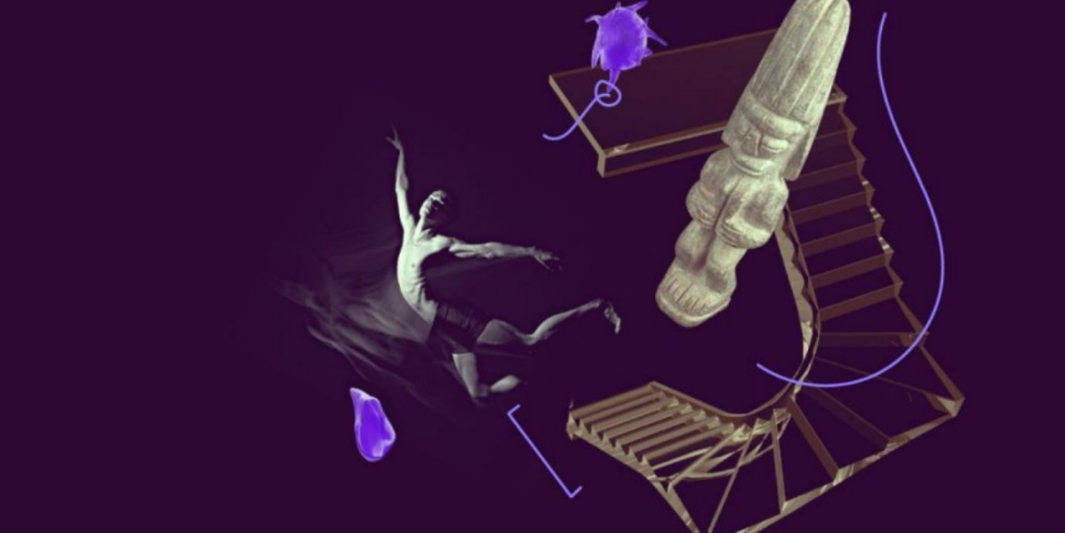The European Commission will support 73 Staff Exchanges projects to boost knowledge transfer and innovation.
The European Commission has announced the results of the 2023 Marie Skłodowska-Curie Actions (MSCA) call for Staff Exchanges under Horizon Europe, the EU’s key funding programme for research and innovation.
The Commission will assign €78.5 million for a total of 73 projects, promoting cooperation between academic and non-academic organisations in the EU and around the globe, boosting innovation and knowledge transfer.
Through the MSCA Staff Exchanges, organisations can
- form international partnerships with other leading organisations
- strengthen long-term collaborations
- increase their research and innovation capacities
The European Research Executive Agency (REA) received 233 applications for this call for project proposals, of which 229 were eligible and were evaluated. 73 projects were selected. This result corresponds to a 31.9% success rate. This was the third call of the scheme under the Horizon Europe funding programme for research and innovation.
Innovation and knowledge transfer
Selected projects will exchange and train researchers and innovators, as well as administrative, technical or managerial staff involved in research activities, to test new ideas and develop new products, services and processes.
Participants will go abroad to enlarge their networks, exchange knowledge, and carry out cutting-edge research.
This call will help researchers and relevant staff at different stages of their career gain new skills and competencies.
Frontier research in all fields
Selected projects span all scientific disciplines and will research areas including
- pioneering breakthrough photo and electrocatalytic systems and developing novel materials to produce hydrogen and oxygen from water
- observing rare processes related to accelerator-produced neutrinos, cosmic neutrino detection, and high-luminosity electron-positron collider experiments in experimental facilities through the cooperation of European and Japanese scientists
- developing digital information models and 3D databases to valorise cultural heritage routes and architectural heritage in European border territories and improve sustainable planning and management
Selected projects are in the following broad areas
- engineering and ICT: 32.9% (24 projects)
- life sciences: 15.1% (11 projects)
- social sciences and humanities: 13.7% (10 projects)
- environment and geosciences: 13.7% (10 projects)
- chemistry: 9.6% (7 projects)
- economics: 5.5% (4 projects)
- physics: 5.5% (4 projects)
- mathematics: 4.1% (3 projects)
An overview of the evaluation results, cut-off scores and statistics has been published on the MSCA Staff Exchanges 2023 call page.
Once the grant agreements are finalised, the complete list of funded projects will be published on the afore-mentioned page and on CORDIS.
International cooperation beyond academia
These collaborative projects are implemented by international partnerships, covering 715 organisations in 88 countries in the EU, countries associated to Horizon Europe and beyond, including 229 non-academic organisations and 110 small and medium-sized enterprises.
Selected projects are coordinated by organisations in 23 countries
- Italy: 14
- Spain: 9
- Poland: 7
- France and Portugal: 5 each
- Greece and the United Kingdom*: 4 each
- Romania and Türkiye: 3 each
- Austria, Czechia, Germany, Ireland and Lithuania: 2 each
- Cyprus, Denmark, Hungary, Latvia, Netherlands, Norway, Serbia, Slovenia and Ukraine: 1 each
The most active organisations in terms of participation are the following
- Centre National de la Recherche Scientifique (France): 9 participations
- University of Padova (Italy): 6 participations
- National and Kapodistrian University of Athens (Greece), National Research Council (Italy), Delft University of Technology (the Netherlands), Spanish National Research Council (Spain), University of Buenos Aires (Argentina): 5 participations each
- University of Sevilla, University of Granada, Complutense University of Madrid (Spain), University of Bologna (Italy), National University Corporation – University of Tokyo (Japan), University of the Andes Foundation (Colombia) and National Scientific and Technical Research Council (Argentina): 4 participations each
Staff Exchanges calls are also open to organisations based outside the EU and countries associated to Horizon Europe.
The following countries have the highest participation in selected projects
- United Kingdom*: 50 participations in 27 projects
- Argentina: 31 participations in 15 projects
- United States: 20 participations in 15 projects
- China: 18 participations in 11 projects
- Brazil: 15 participations in 10 projects
- Switzerland: 15 participations in 11 projects
- Colombia: 14 participations in 10 projects
- Japan: 14 participations in 11 projects
- Australia: 9 participations in 8 projects
- Chile: 9 participations in 4 projects
- Canada: 8 participations in 7 projects
* United Kingdom’s association to Horizon Europe did not apply to this call. Therefore, coordinating organisations based in this country will be able to participate as associated partners only.
Next steps for successful applicants
The European Research Executive Agency sent out letters on the results of the evaluation to inform applicants of the outcome of the selection.
Applicants should be able to access the results of the evaluation in their personal area of the Funding and Tenders Opportunities Portal.
The letter sent out to the successful applicants contains all the instructions about the next steps to prepare the grant agreement with the agency.
The first projects will start at the earliest in summer 2024. Projects on the reserve list might be contacted once all the grants have been signed.
Next funding round coming soon
The next call for MSCA Staff Exchanges will open on 19 September 2024.
Find more information on how to apply for next call for MSCA Staff Exchange
Source: European Commission (Marie Skłodowska-Curie Actions) | What’s new (https://shorturl.at/ZMkAI)
